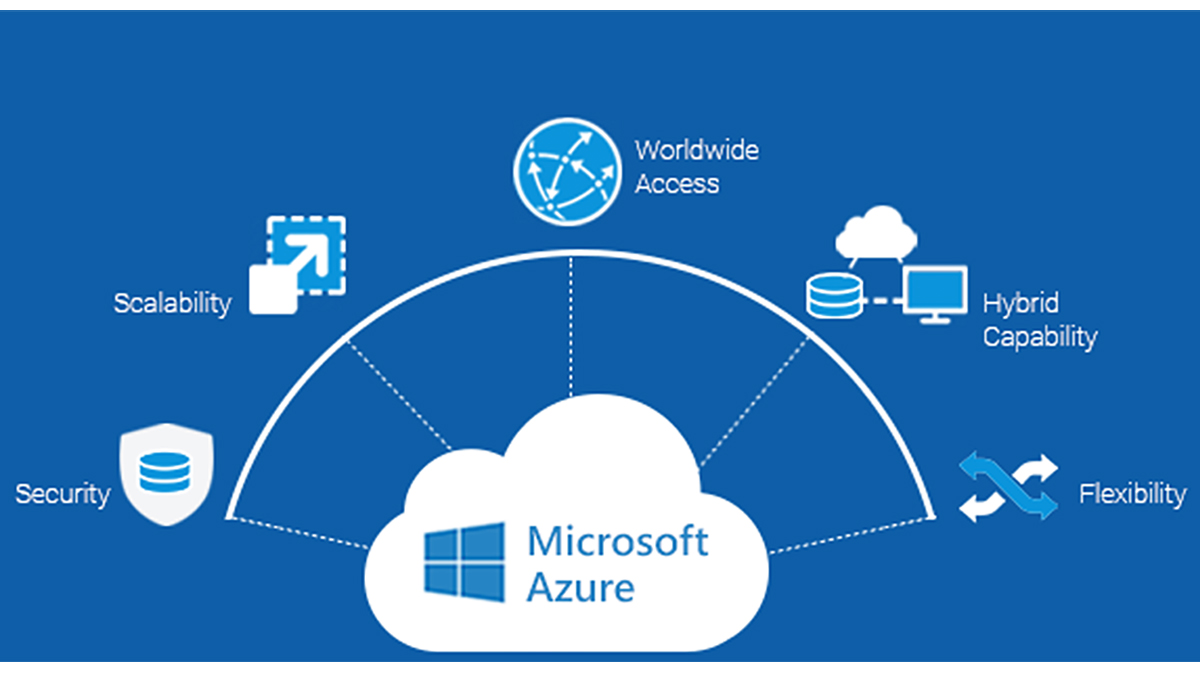Are you looking to keep a tighter grip on your data and operations, all while still reaping the benefits of Azure's cloud capabilities? Enter Azure Dedicated Host and Azure Stack two powerful options that bring Azure's cloud magic straight to your doorstep, or more accurately, into your own server rooms.
Azure Dedicated Host: Your Personalized Cloud Space
Imagine having an entire server dedicated solely to your organization, where no other tenant can occupy space. That's Azure Dedicated Host for you. It's like renting an entire building for your company's offices, ensuring privacy, security, and control.
This service allows you to host your Azure Virtual Machines (VMs) on a physical server that's exclusively yours. It's an ideal solution for businesses with stringent compliance and regulatory needs, as it provides the isolation and control necessary to meet those requirements. With Azure Dedicated Host, you're in charge of everything from VM placement to scheduling maintenance operations, ensuring your applications run precisely how and when you want them to.

However, with a dedicated host you’re only renting the hardware, and the physical servers are not on your premises. So let’s look at how you can really bring Azure in-house.
Azure Stack: Hybrid Cloud on Your Terms
Then there's Azure Stack, Azure's hybrid cloud platform that allows you to bring many of Azure's cloud services into your own data center. Azure Stack is all about flexibility and control, enabling you to run Azure workloads on-premises or in a colocation facility, seamlessly extending Azure's capabilities to your environment. It's designed for scenarios where you need to keep data and applications close due to regulatory, latency, or operational considerations.
Deploying Azure Stack, however, requires a specific setup. It's an integrated system, combining software and validated hardware from Microsoft's partners like HPE, Cisco, and Dell EMC, to name a few. This ensures that the Azure Stack runs optimally and remains consistent with Azure services in the cloud.
The choice of hardware will depend on your workload requirements—higher capacity and performance for data-intensive tasks, or more standard configurations for everyday applications. It's crucial to plan capacity wisely, as your Azure Stack can eventually reach its limit, at which point you can either expand your hardware or shift some workloads to the public Azure cloud.

Making the Choice
Deciding between Azure Dedicated Host and Azure Stack boils down to your specific needs:
Azure Dedicated Host is perfect if you're looking for isolation within Azure's cloud infrastructure, with the flexibility to manage your own VMs on dedicated servers.
Azure Stack is your go-to if you need a seamless hybrid cloud environment that brings Azure services into your own data center, offering a balance between on-premises control and cloud innovation.
Both paths provide the means to leverage Azure's powerful cloud capabilities while maintaining the level of control and security your organization demands. Whether you opt for the dedicated resources of Azure Dedicated Host or the hybrid flexibility of Azure Stack, you're equipped to tailor your cloud journey exactly how you see fit, all with the robust backing of Microsoft Azure.
Recommended Titan Servers for Azure Stack
Titan S161: Ideal for a balance between performance and versatility, the Titan S161 is a 4U rackmount workstation designed to handle a variety of tasks, from CAD/CAM applications to general data analysis. Its configurable options ensure it can be tailored to meet the specific demands of your Azure Stack deployment.
Titan S200: Powered by the AMD Ryzen 5000 Series processors, the Titan S200 is capable of delivering exceptional performance for applications such as deep learning and media streaming. With up to 16 cores, it offers a potent combination of computing power and efficiency for your hybrid cloud environment.
Titan S275: For those with heavy data processing needs, the Titan S275, equipped with a single AMD EPYC Rome 7002 Series processor, provides up to 64 cores. This server is particularly well-suited for scientific research, large-scale simulations, and other intensive tasks within Azure Stack frameworks.
For more details on these servers, please visit our Rackmount Workstation and Server Computers page.